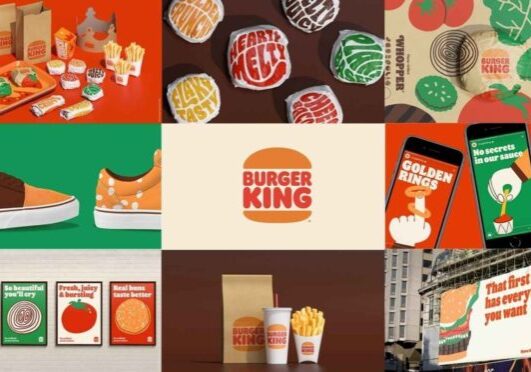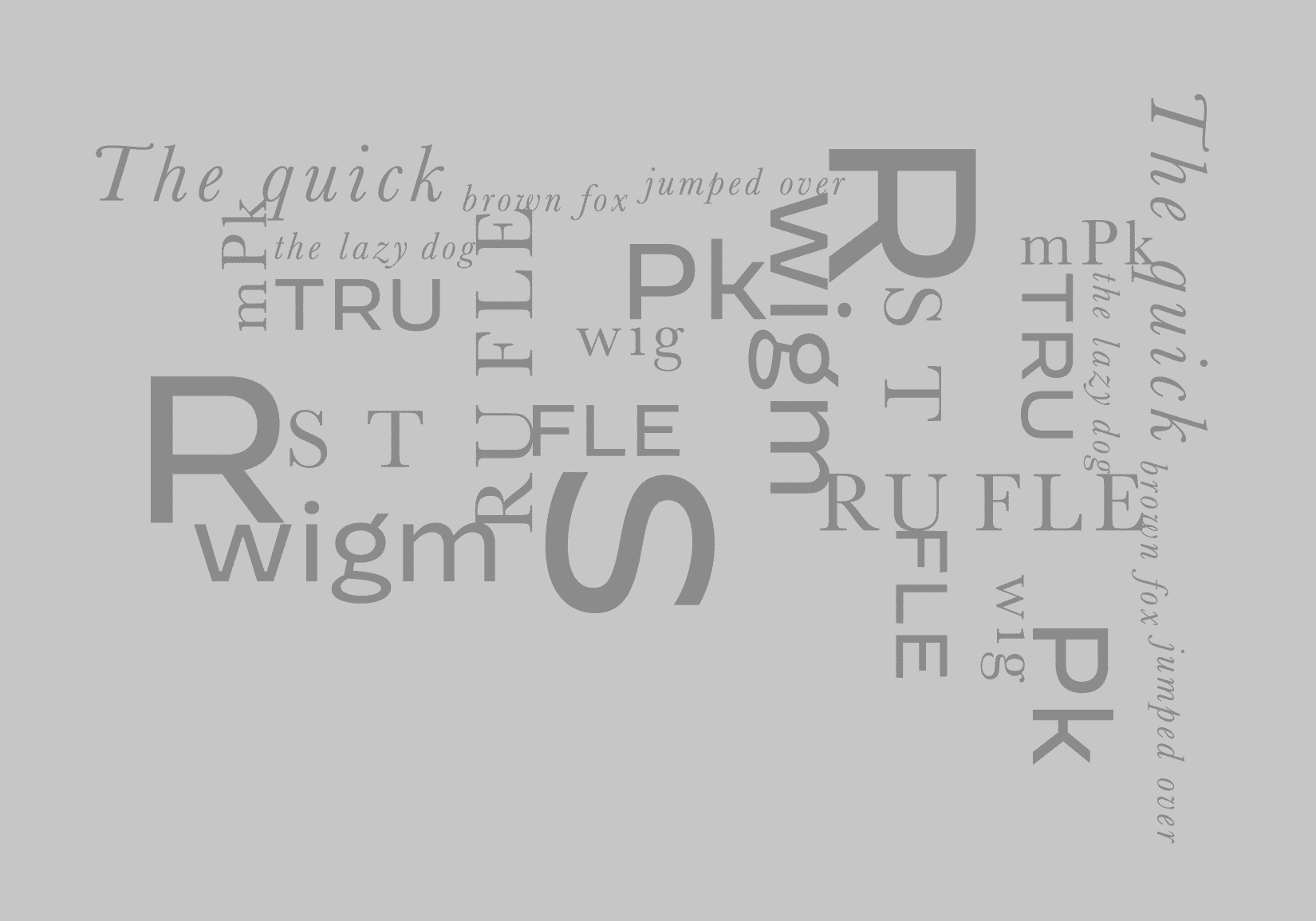Flexographic printing is a form of direct relief printing that is characterized by the use of flexible printing plates. In the past, these printing plates were always made of rubber, whereas today, flexible photopolymer printing plates might also be used. These plates have a slightly raised image of the content on them, they’re inked, and are rotated on drums at high speeds to transfer the image onto the print substrate. Each color of ink desired requires a different printing plate. For instance, traditional process printing requires a plate for each ink: cyan, magenta, yellow and black — or CMYK.
Flexography is adaptive and can accommodate a wide range of inks, like UV or water-based – and may be used on a huge range of media including absorbent substrates like paper, fabric, or cardboard, as well as non-absorbent substrates like plastic, cellophane and metallic film. It is a popular printing technique when versatility, large orders, or long print runs are desired. It’s also great for things like wrapping paper or wallpaper!

The Future of Branding: How Technology is Shaping the Industry
Executive Summary As we move further into the digital age, technology continues to revolutionize the branding landscape. This white paper will examine the key technological developments shaping the future of branding and discuss how businesses can leverage these advancements to create stronger brand identities, enhance customer experiences, and maintain a competitive edge. Topics covered include…

6 Benefits of Choosing a Local Agency
When it comes to branding and marketing, choosing the right agency is crucial. While larger global agencies may seem like the obvious choice, working with a local agency can provide unique benefits that can make a big difference in the success of your branding efforts. In this article, we’ll explore six key reasons why working…

Advertising, Marketing, or Branding Agency?
Choosing an agency to help with your advertising, marketing, or branding needs can seem overwhelming. The agency you choose will play an important role in determining how your potential clients view your company. Which one do you need? If you imagine agencies in healthcare terms – marketing agencies are generalists (the basic needs), advertising agencies…

What is Typography?
Essentially, typography is the visual component of the written word. It is the technique, and art, of arranging letters in a way that makes the text legible, clear, and visually appealing to the reader. Typography involves the structure, size, weight, and style of the characters. It also considers the amount of space between the letters,…

A Brand Refresh fit for a (Burger) King
Not too long ago, Burger King underwent a major brand refresh not too long ago! They hadn’t rebranded since 1999, and this new rebrand feels super fresh and juicy. At first glance, some may think they simply returned to their most successful old logos, of which appeared in 1969 and 1994 – but it’s so…

What is Branding? And, Why is it Important for Your Business?
Introduction to Branding and Its Importance Branding is the process of creating and maintaining a unique identity and image for a company or product. It involves the development of a company’s name, logo, design, and messaging to convey a specific set of values and attributes. A strong brand can help build customer loyalty, differentiate a…

REMIXED Named Top Branding Agency in Orlando Award on Clutch
At REMIXED, we help brands connect with their audiences through expertly crafted branding strategies. We’re a full-service and multi-disciplinary branding agency that provides everything from brand building to message promotion to marketing management. Since 2006, we’ve been working with brands of all sizes across various industries, including hospitality, retail, entertainment, nonprofit, government, and more. We…

What is the Difference Between Serif and Sans-Serif Typefaces?
You may have heard the terms serif and sans-serif before, but do you know what those terms actually mean? In typography, a serif is a small line, stroke, or other decorative flair regularly attached to the end of a larger stroke in a letter or symbol within a particular font or family of fonts. “Sans”…

